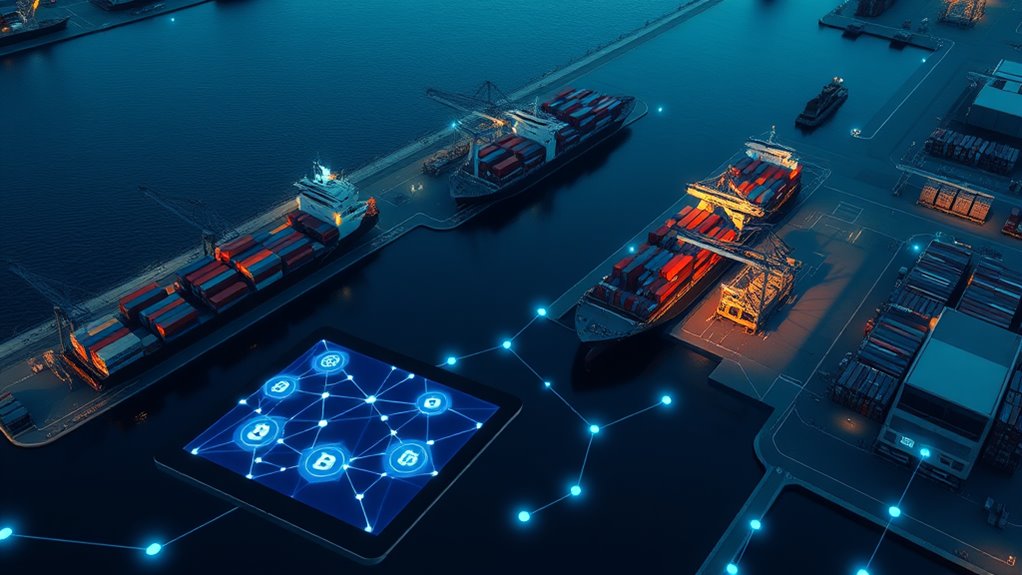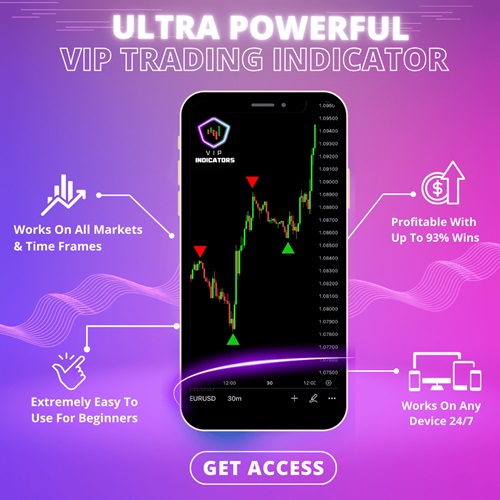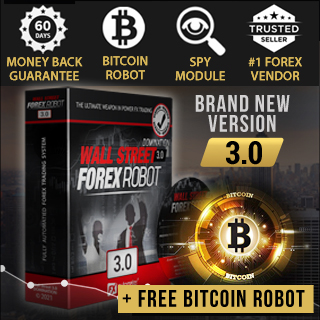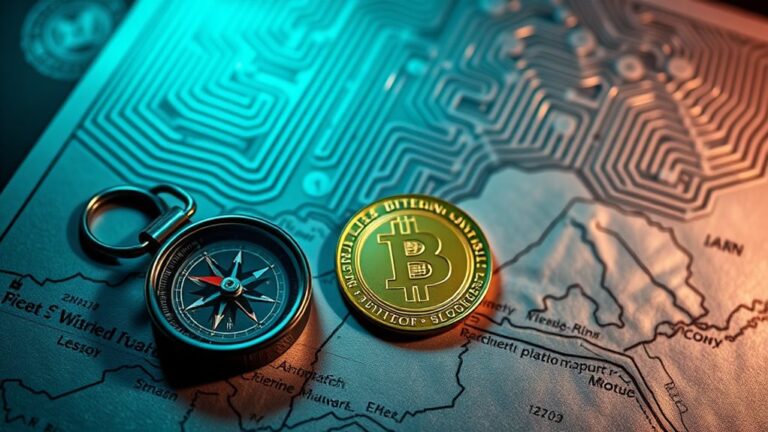Supply Chain Efficiency With Blockchain
Note: This post may contain affiliate links, and we may earn a commission (with No additional cost for you) if you purchase via our link. See our disclosure for more info. The gold and crypto world is constantly changing. This is not financial, investment, legal, or professional advice. So, please verify the information on the gold and cryptocurrency provider’s websites.
Blockchain is shaking up supply chains like a kid with a snow globe. Bye-bye middlemen, hello reduced costs! With features like traceability, businesses get clearer views of product origins. It's like getting a backstage pass to understand where stuff comes from. Smart contracts rush payments through, cutting out red tape. From food safety to diamond tracking, industries are jumping on board. Want to know how this tech is shaping the future? Keep exploring!
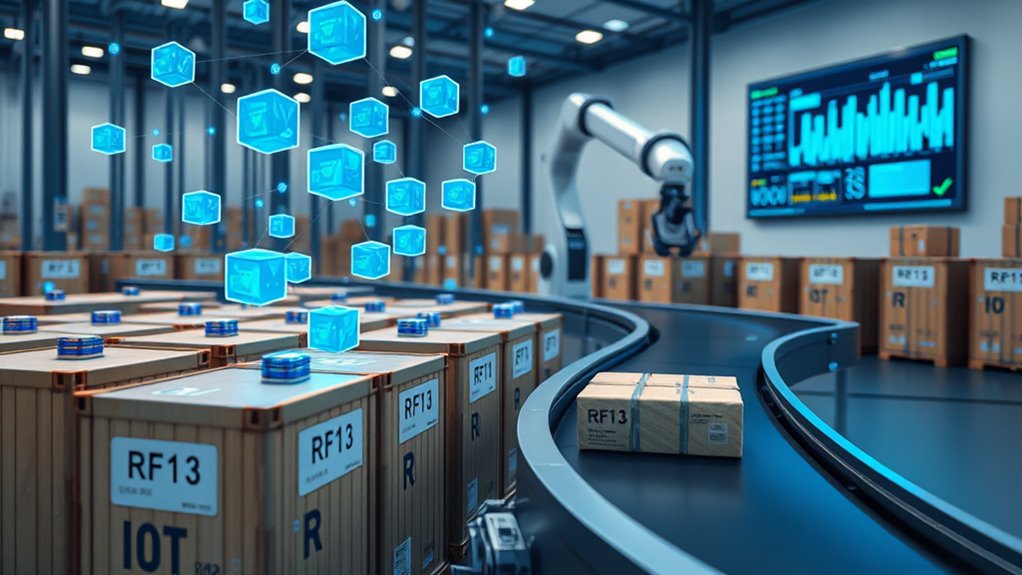
Traceability? It's not just a buzzword. Thanks to IoT and RFID, you can trace a product's history down to its origin, quality, and certifications. It's like having a backstage pass to the entire life of a product.
Plus, say goodbye to intermediaries—blockchain cuts costs by eliminating administrative overheads through automated workflows. Who doesn't want to save a buck?
Then there are smart contracts. They're the unsung heroes of blockchain, handling payments and compliance checks like a well-oiled machine. Automated settlements mean no more waiting around for checks to clear. Compliance becomes a breeze, with audit trails that catch fraud before it even thinks about happening. The encryption system ensures that all data remains secure and tamper-proof, adding an extra layer of confidence for supply chain stakeholders.
Now let's talk numbers. The blockchain market for supply chains is projected to balloon from $2.08 billion in 2024 to a whopping $9.77 billion by 2030. That's a staggering 29.14% growth rate. North America is leading the charge, thanks to tech hubs and hefty R&D investments.
Retailers are jumping on board, prioritizing blockchain for product authenticity like it's the hottest trend. Look at De Beers tracing diamonds or IBM and Walmart ensuring food safety. Transparency and cost reduction are essential drivers behind this shift, as businesses seek to optimize their operations.
For businesses requiring customized supply chain solutions, Hyperledger Fabric offers a modular infrastructure designed specifically for permissioned networks in enterprise environments.
This tech is not just for techies; it's reshaping industries. It's about time the supply chain got a makeover—less chaos, more clarity. Blockchain isn't just a trend; it's a revolution waiting to happen.
Frequently Asked Questions
How Does Blockchain Improve Traceability in Supply Chains?
Blockchain seriously ups the game for traceability in supply chains.
Imagine a digital notebook that never gets erased—every transaction is locked in. It's like having a security camera, but for products.
Everyone involved can see what's happening in real-time, no secrets. Mislabeling? Forget it.
Smart contracts handle payments and compliance without human error. So, when things go south, companies can pinpoint the problem faster than ever.
No more guessing games!
What Are the Costs Associated With Implementing Blockchain in Supply Chains?
Implementing blockchain? Brace for costs.
First, feasibility studies—yes, they don't come cheap.
Then, choose your platform: public or private? Each has its price tag.
Development? Custom solutions can drain budgets faster than you can say “smart contract.”
Don't forget the hardware.
Legacy systems? A headache.
Maintenance will keep your wallet open, too.
Training employees? Another expense.
Can Small Businesses Benefit From Blockchain in Supply Chain Management?
Small businesses can totally ride the blockchain wave in supply chain management.
Why? It boosts transparency and traceability—no more guessing where stuff comes from!
Plus, with real-time tracking, they can actually know what's in stock without a crystal ball.
Sure, it sounds techy and complicated, but it can cut costs and reduce fraud.
What Are the Security Risks of Using Blockchain in Supply Chains?
Blockchain in supply chains? Sure, it sounds great until you hit the security wall.
Privacy risks lurk around every corner, while cyberattacks can easily exploit weaknesses. Good luck managing those private keys—lose one, and you're toast.
And let's not forget those immutable records; a mistake becomes a permanent headache.
Smart contracts can be like ticking time bombs.
How Does Blockchain Integrate With Existing Supply Chain Technologies?
Blockchain meshes with existing supply chain tech like a puzzle piece—if that piece was a bit quirky. It enhances ERP systems without throwing them out the window.
Think real-time data, seamless API connections, and automated workflows. Toss in some IoT magic for tracking, and voilà—traceability galore.
And let's not forget regulatory compliance tools that make audits a breeze. It's like a tech party, and everyone's invited—minus the messy chaos.

